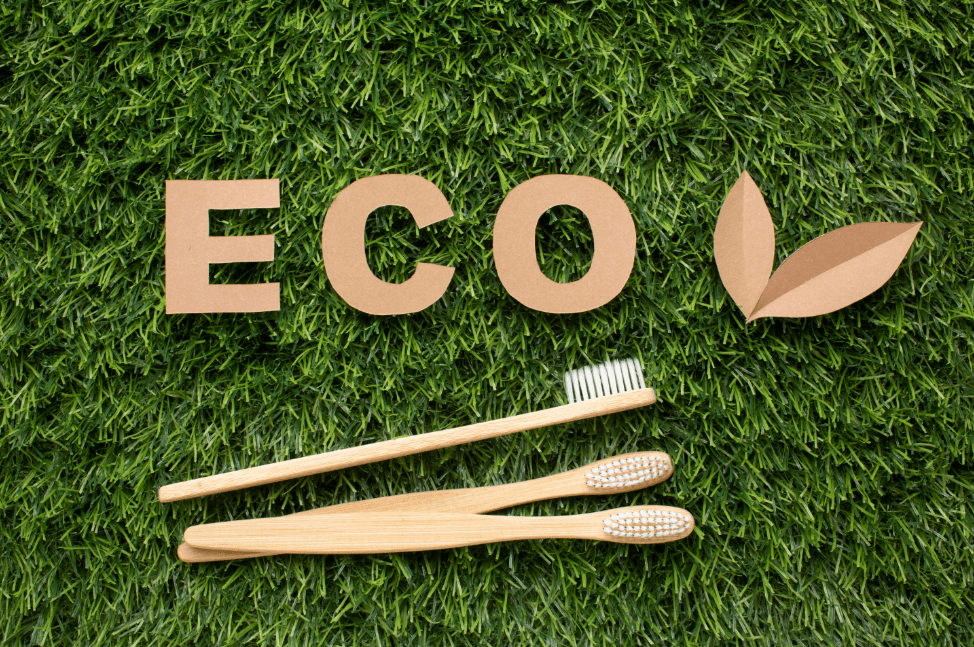
If you were to travel back in time 30 years, most people did not care where the products they purchased came from. They were interested in paying the least amount of money for the best quality product available. Now, things have changed. The millennial generation and Generation Z are concerned about where the products they purchase come from. Therefore, it is important for you as a business owner to make sure that your products are responsibly sourced.
Learn from Product Labels
Businesses are labeling their products “Fair Trade”,” organic”, and “locally sourced”. These are the buzzwords that show that products have been reliably sourced. Because customers are so interested in knowing where the products they purchase come from, you will even see these labels when you go to restaurants or coffee shops.
When customers purchase products with these labels, they feel that they are getting something of high quality and something that shows that they have a social conscience.
Customers are as concerned as ever with the price. They want products to be cheap and reliable. However, they want to sleep well at night knowing that the inexpensive products they purchased were not created at the expense of others.
As business owners, you must feel concerned with the ethics behind your product. On the one hand, it keeps your business legally compliant. On the other hand, it keeps you operating in a socially responsible way. This can lead to growth in your customer base. There are several issues you want to consider when choosing ethical products that will benefit your business.
What Are Ethical Products?
An important part of sourcing ethical products is understanding what they are and what people expect of them. When people discuss ethical products, they are evaluating products based on the harm they cause to the environment and the impact they have on society.
As a business owner, this means that you need to feel concerned with how the products you purchase could harm the environment and the people who have worked to create them. With food, people are looking for foods that are grown free of chemicals and pesticides. They want foods that are prepared by workers who get paid a fair wage and who can work in a safe environment.
Understand that customers do not want a lower quality product just because it was produced responsibly. For example, coffee drinkers demand excellence. They may look for Kona coffee from Hawaii as opposed to cheaper coffee produced elsewhere because they know that it is ethically produced. At the same time, it is high quality. Responsibly sourcing your products is a powerful selling point. However, it cannot be the only selling point your product offers.
How to Go About Sourcing Ethical Products
How you go about sourcing ethical products is going to vary based on the business you are in. For example, if you have a coffee shop, you are going to want to get fair trade coffee beans. You do this by forming a liaison with companies that produce these products. Similarly, if you want to be an online fashion retailer, you are going to purchase materials from sources that make ethically sourced fabric.
That being said, operating a business ethically is not limited to those who sell products. It is also true of those who offer services. Therefore, if your business offers a service, you want to make sure that you are only partnering with other businesses that have a transparent business model. You should be concerned about minimizing the impact your business has on society and the economy.
Is It Worth the Effort?
Yes. When you source ethical products, you ensure that your business model has a positive impact on the world. From an economic standpoint, ethically sourcing goods and materials is sound. It improves your reputation, which will grow your customer base.
Social entrepreneurship as a business is a model that is growing by leaps and bounds all over the world. A lot of revenue is being generated by this business model, and there is a lot of room for continued growth. Even if you think your business only has a passing link with social change, you would do well to make sure that the services you offer and the products that you sell minimize social harm. This will engender trust and attract more customers to your product.
You may also like
How to Stick to Environmental Marketing and 6 Tips for Avoiding Greenwashing
How Can Businesses Help The Environment?
Recycling Hacks to Make Your Business Eco-Friendly
Community Initiatives to Reduce Food Waste
